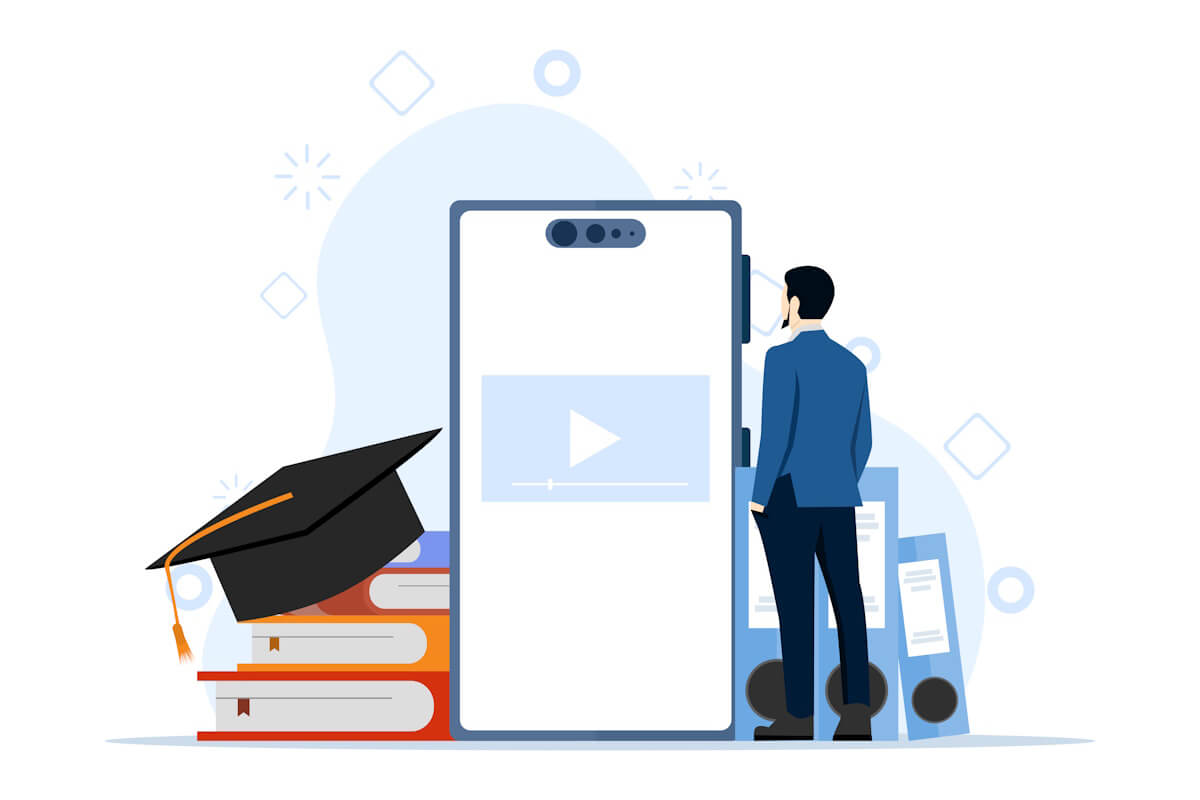Mobile apps have revolutionized the way we communicate and collaborate in various industries, and education is no exception. With the widespread use of smartphones and tablets among students and educators, mobile apps have the potential to enhance collaboration and communication in educational settings. In this article, we will explore the benefits of using mobile apps in education and how they can improve the overall learning experience for students.
Benefits of Mobile Apps in Education
Mobile apps have transformed the education landscape by providing numerous benefits that enhance the learning experience for students. Some key advantages include:
- Accessibility: Mobile apps offer unparalleled accessibility, allowing students to access study materials, communicate with teachers and peers, and collaborate on projects anytime, anywhere. This flexibility enables students to learn at their own pace and convenience.
- Engagement: By incorporating multimedia elements, gamification, and interactive quizzes, mobile apps can make learning more engaging and interactive for students. These features help students stay motivated and focused on their studies, leading to improved learning outcomes.
- Personalized Learning: Mobile apps can cater to individual learning styles and pace through adaptive learning algorithms and personalized recommendations. This personalized approach ensures that students receive tailored support and guidance based on their unique needs.
- Collaboration: Mobile apps promote seamless collaboration among students and teachers through features such as real-time messaging, discussion boards, and group projects. This fosters a collaborative learning environment where students can work together effectively towards common goals.
How Mobile Apps Enhance Collaboration and Communication in Education
The integration of mobile apps in education has significantly improved collaboration and communication among students and educators. Here’s how mobile apps enhance these aspects:
- Real-time Communication: Mobile apps enable real-time communication between students and teachers, facilitating instant feedback and clarification on assignments and projects. This immediate interaction enhances students’ understanding of concepts and boosts their learning experience.
- Collaborative Projects: With features like shared documents, group chat, and video conferencing tools, mobile apps make it easy for students to collaborate on projects and assignments. This streamlined communication ensures efficient teamwork regardless of physical location.
- Parent-Teacher Communication: Mobile apps facilitate better communication between parents and teachers by offering features like progress tracking, event notifications, and messaging platforms. This open line of communication allows parents to stay informed about their child’s academic progress and engage with teachers easily.
- Remote Learning: Mobile apps have become indispensable tools for remote learning, especially during crises like the COVID-19 pandemic. Teachers can conduct virtual classes, share study materials, and engage with students in a virtual classroom setting, ensuring continuity in education.
Best Practices for Using Mobile Apps in Education
To maximize the benefits of mobile apps in education, educators should follow these best practices:
- Choose the Right App: Select a mobile app that is user-friendly, compatible with different devices, and prioritizes data security. The chosen app should align with the specific needs of students and enhance their learning experience.
- Provide Training: Offer training sessions, tutorials, and support resources to ensure that students and teachers are proficient in using the mobile app effectively. This training will help users leverage the app’s features to the fullest.
- Monitor Usage: Keep track of how students and teachers utilize the mobile app by monitoring engagement metrics, user feedback, and overall performance. This data will help identify areas for improvement and optimize the app for enhanced collaboration and communication.
- Encourage Feedback: Encourage students and teachers to provide feedback on the mobile app to improve its usability and effectiveness. Listening to their suggestions and recommendations will help enhance collaboration and communication in educational settings.
In conclusion, mobile apps have the potential to transform education by enhancing collaboration, communication, and learning experiences. By leveraging the benefits of mobile apps and following best practices, educators can create an interactive and collaborative learning environment that benefits all stakeholders involved.
Looking to enhance collaboration and communication in your educational institution with innovative mobile apps? Contact us today to explore tailored solutions that can transform your learning environment.
FAQs:
1. How do mobile apps enhance accessibility in education?
Mobile apps in education provide accessibility by allowing students to access study materials, communicate with teachers and peers, and collaborate on projects anytime, anywhere.
2. How can mobile apps make learning more engaging for students?
Mobile apps can make learning more engaging for students by incorporating multimedia elements, gamification, and interactive quizzes to help students stay motivated and focused on their studies.
3. How do mobile apps support personalized learning?
Mobile apps support personalized learning by catering to students’ individual learning styles and pace through features like adaptive learning algorithms and personalized recommendations.
4. How do mobile apps facilitate collaboration in education?
Mobile apps facilitate collaboration in education by enabling real-time communication, collaborative projects, and better parent-teacher communication, creating a more collaborative learning environment.


